When I started secondary school in September 2005, you queued every morning for a ‘dinner ticket’ if you were on free school meals. It wasn’t a digitised system then. On my first day, I waited in a queue stretching into the corridor and up the stairs.
I already knew about my school’s reputation, and the adjectives weren’t positive. On the hockey pitch, unsupervised pupils smoked cannabis and sold cigarettes for 50 pence. As I walked out of the gates on that first afternoon, two police vans were parked on the kerb because there were rumours of a serious fight. A few weeks into the term, pupils in the schoolyard split into two groups – white and Asian. The white pupils began chanting racist insults, and within seconds a brawl erupted.
During every break and lunch, I sat in the school library and read. I soon noticed that the same people inhabited the library every day. I found it difficult to fit in at secondary school, so I guess they did too. I’d discovered a passion for reading in Year 6 when I’d picked Emily Rodda’s Deltora Quest off the classroom bookshelf. Within three or four pages, I was certain reading was the world’s best kept secret. The protagonist, Leif, was the closest to a kindred spirit I had back then.
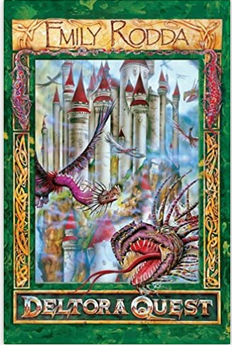
Now, I became interested in non-fiction – especially biographies and autobiographies. One morning, I stumbled upon a Malcolm X biography and took it to my usual spot in the library corner. By the next morning, I’d finished the book. I realised then that I had never really liked being told what to read. Recommendations are great, but there’s a thrill in following your nose. That biography led me to others on Martin Luther King, Nelson Mandela, Muhammed Jinnah, and even Rocky Marciano.
One day I overheard a conversation between a French teacher and a Year 9 pupil. “This isn’t a proper school,” remarked the teacher. The girl replied, “Miss, I only come in to see my friends.” The teacher retorted, “Exactly”. By the end of the academic year, Ofsted had placed the school in special measures. Fast-forward three years, and it was converted into a business and enterprise academy.
Losing a school library means losing a safe space
I started at the academy in Year 10. As usual, I wandered to the school library but there was a sheet of paper stuck to the door. It read: ‘The library has been converted into a computer suite. You may book computers in advance to use at lunch or after school’. It made no sense to me. How could computers replace books? Especially when the school hadn’t subscribed to any sort of e-book service. More than a book repository, our library had been a sanctuary for the misfits; it was safer than the schoolyard, where even the presence of CCTV and teachers on duty couldn’t guarantee your security.
Still, it wasn’t all bad news. We had a new English teacher – Miss Finn. She was Liverpudlian but read John Steinbeck’s Of Mice and Men in a perfect Deep South American accent. The way she recited Steinbeck’s prose re-ignited my love of fiction. Before Miss Finn, I hadn’t considered the possibility of achieving anything higher than a C or B grade at GCSE English.
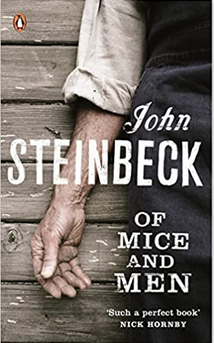
I’d once had an English teacher who made a reference to the Salman Rushdie affair. When the other pupils asked what he was referring to, he looked directly at me and smirked. I can only assume it was because I was the only Muslim in the class. However, when he later remarked that Pakistan (the country where my mother was born) was a hundred years behind the rest of the world, I wasn’t in any doubt about his sensibilities. My daily trips to the school library had shown me that Pakistan had renowned poets such as Muhammed Iqbal, but I was too intimidated to challenge that teacher.
I’d never considered my race and its relation to my academic interests until that moment. In working-class Asian families, the sciences are viewed as a path to wealth and success, and reading and dissecting stories is only a pastime. True to form, when it came to applying to sixth form colleges, my Asian friends picked the sciences. They were intrigued that my parents allowed me to pick English, but I was undeterred.
GCSE exams loomed. With no school library, I had to trek to the local library in town. I read and re-read the poetry anthology and Of Mice and Men set texts. I also read around the subject by venturing into Steinbeck’s other fiction. I felt on the verge of failing despite my efforts, so I read Poetry for Dummies and made notes in an exercise book.
Miss Finn’s efforts paid off, and several of us gained grade A in English Literature. But I also remember pupils in the lower sets who weren’t so fortunate. Becoming an academy improved the school’s pupil behaviour and the league table position but, to my mind, it lost its essence as a learning institution when the library closed.
I swapped free school meals for Keele University
Imagine my excitement at setting foot in the library at Keele University after starting my BA in English and American Literature in September 2012. I’d never seen a library of this magnitude in my life! I couldn’t believe that a place that loaned books could stay open 24 hours a day. It was a utopia. Every night, I read my primary and secondary texts into the early hours. That’s where I discovered the works of Edith Wharton, Ernest Hemingway and Charlotte Perkins Gilman.
Keele’s library doubled as a social space, given the university’s location on a rural campus and I was there as much as possible. A friend in the second year saw me there one night and joked, “You’re a fresher. You shouldn’t even know where the library is!” But I couldn’t keep away.
I was in the library the night I heard my mum had suffered a brain haemorrhage. I caught the last train to Manchester and rode a black cab to Salford Royal, where a surgeon informed us she had a 50-50 chance to live. Over the next week, the gothic angst of Dracula and Esther Greenwood’s struggle with mental illness in The Bell Jar helped me deal with my emotions. Despite permanent brain damage, my mother pulled through.
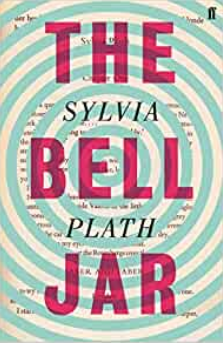
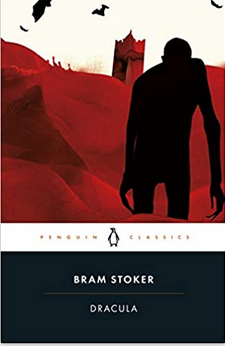
I read more literature in the first two weeks of my degree than I had in two years of A-levels. I discovered that it isn’t only what you read but the way you read that opens the way into the text. “What do you think about the canon being dominated by dead white males?” remarked a lecturer to my seminar group. We were being taught not only to adopt a critical process but also to be critical of the process.
Spurred on by the protagonists of popular campus novels, such as Brian Jackson in Starter For Ten, I set out to ingratiate myself with the wider campus intelligentsia. I wandered into a Labour Society meeting. I tried the Debate Society. Then the Socialist Society. Despite my attempts, I didn’t feel I fitted in.
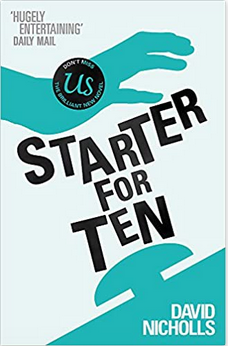
Studying English combines practicality and self-discovery
In my second year, I found my tribe. The Creative Writing Society assembled in a seminar room in the Chancellor’s building. For two hours every Wednesday, we participated in writing exercises and shared advice on writing prose and poetry. We ventured into the campus woods at night and read stories with torches a la Dead Poets Society. What I loved most was the brutally honest feedback in our workshops: “That’s a bad sentence.” “It reads as if you’re getting bored writing it.” “This is so bad I stopped editing it halfway through.” One of the greatest gifts of those workshops was the breaking down of ego.
The Creative Writing Society spurned me on to pick all the available creative writing modules classes taught by novelist Joe Stretch and the poet Dr James Sheard. Seemingly innocuous remarks from these classes have stuck with me: “Crave the delete key like it’s your heroine”. “Words are sounds”. But, most importantly, I learnt to take reading and putting words on a page seriously and I’m aware of the benefits now more than ever. I can coherently structure my thoughts on paper and understand that literature can be read in infinite ways.
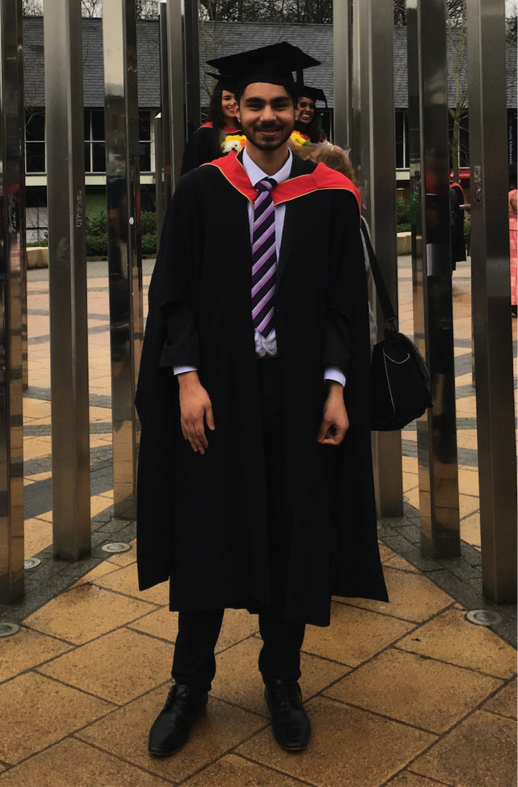
I had attended a school where most students, including me, hailed from disadvantaged backgrounds. In those circumstances, it’s easy to be persuaded away from the humanities. I remember tightness in my chest when deliberating whether English Literature was a degree worth pursuing. There is, without a doubt, much practical value in studying literature in higher education. The bonus nobody tells you about is the edifying journey of discovery, reflection and consolation.
Thank you for visiting our blog. Our vision here at Books2All is a world where every child finds the books that help them reach their true potential. If you have spare books in good condition at home that you think might be appropriate for school children or represent a school and would like to register to receive donated books, please download the Books2All app from the App Store or Google Play.

